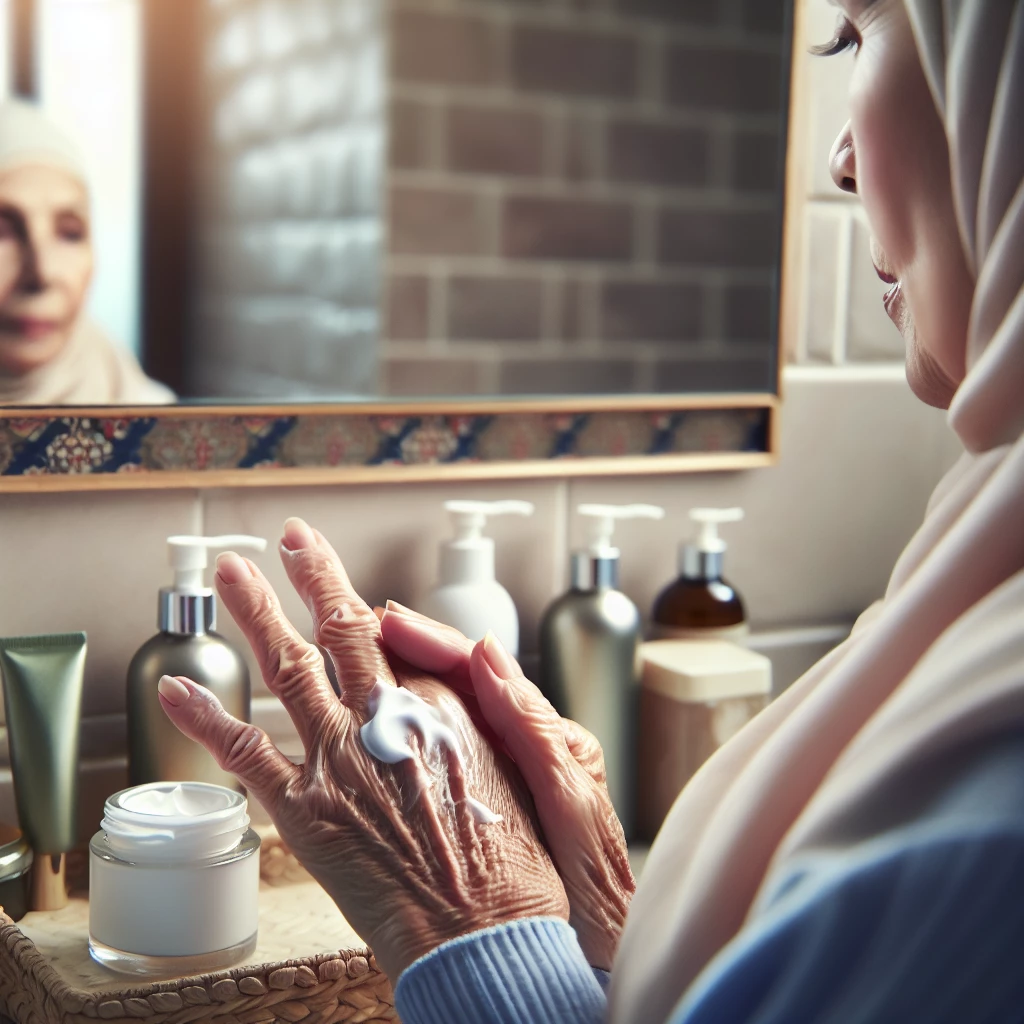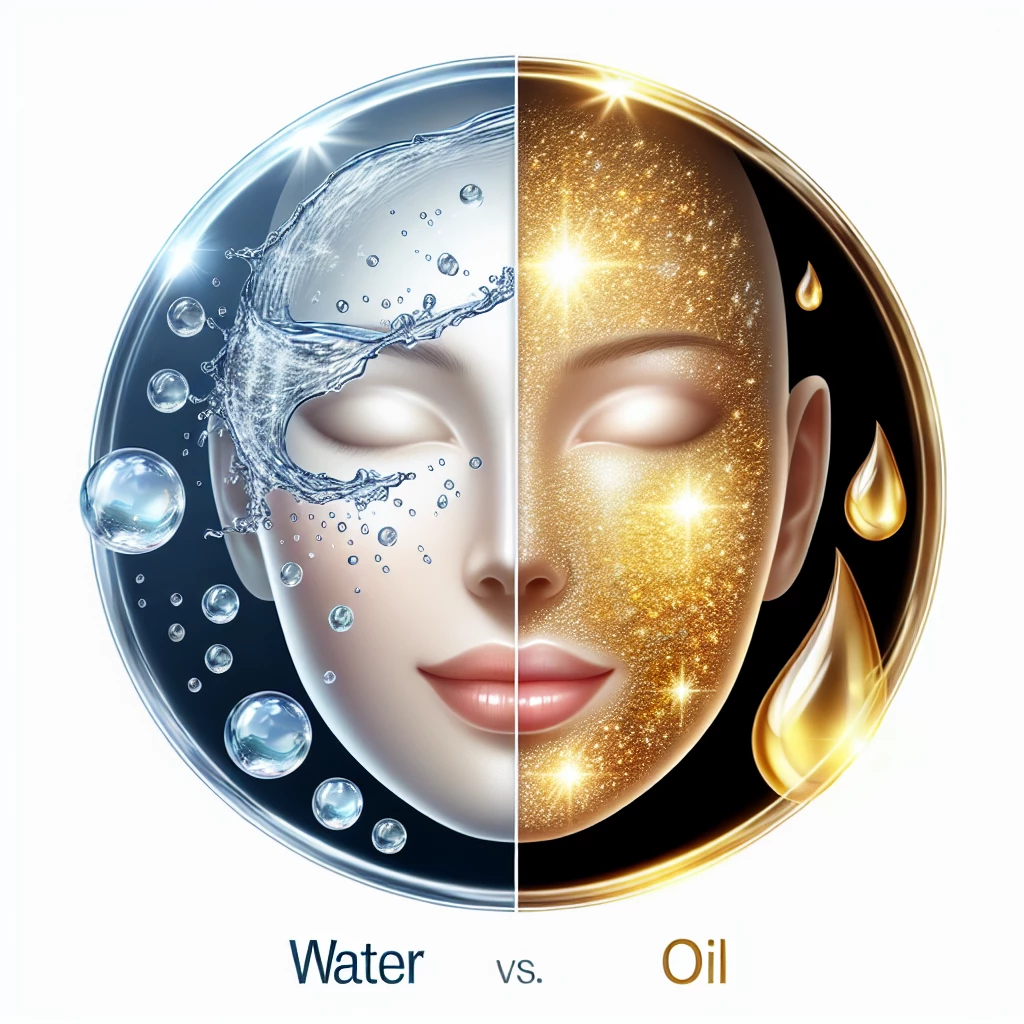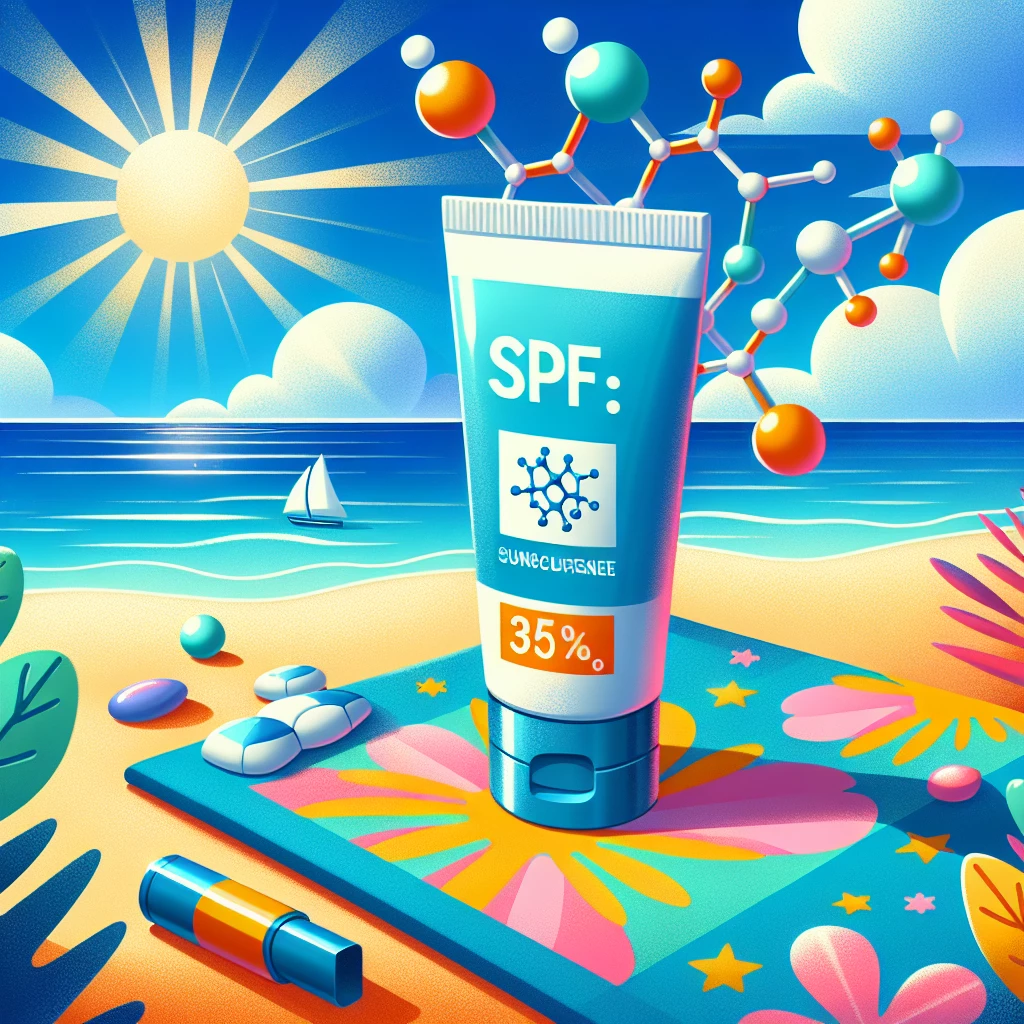Sunscreen is an essential tool in the fight against skin damage and aging. Understanding what SPF (Sun Protection Factor) is and how it works can help you make an informed decision to better protect your skin. On a hot summer's day, it can be easy to forget how dangerous UV rays can be. This piece will enlighten you on the science behind SPF, Sunscreen, and their importance in Skin protection.
Understanding SPF
Sun Protection Factor or SPF is a measure of a sunscreen's ability to prevent UV rays from damaging the skin. If your skin would usually start to burn after 10 minutes in the sun, using an SPF 15 sunscreen would theoretically allow you to stay in the sun without burning for approximately 150 minutes. However, this depends on the skin type, intensity of sunlight and how much sunscreen you used.
SPF numbers are an approximate indication of how much protection a product offers against sun damage and burning. The higher the SPF, the more protection it provides. For instance, SPF 15 blocks about 94% of UVB rays, SPF 30 blocks 97%, and SPF 50 blocks 98%.
While higher SPFs offer more protection, no sunscreen can filter out 100% of the sun’s UVB rays. Hence, it's essential to take other sun protection measures such as wearing a hat and sunglasses or staying in the shade during hours when the sun is strongest.
The importance of Sunscreen
Sunscreen is an essential part of a comprehensive sun protection strategy. It works by absorbing, reflecting, or scattering the sun's harmful UV rays. In doing so, it helps to prevent sunburn and reduce the risk of skin cancer.
Without sunscreen, prolonged exposure to the sun can result in sunburn, premature aging, and an increased risk of skin cancer. This is why it’s essential to use a broad-spectrum sunscreen, one that offers protection against both UVA and UVB rays.
It is also crucial to ensure you are applying sunscreen correctly. Many people do not use enough sunscreen or fail to reapply it every two hours as recommended. Remember that no matter your skin type or color, everyone can experience sun damage and should use sunscreen all year round, not just in summer.
How to choose the right SPF
The ideal sunscreen should have an SPF of 30 or more and should offer broad-spectrum protection, meaning it should shield against both UVA & UVB rays. If you have sensitive skin or a history of skin cancer, you may need even higher SPF protection.
Also, if you plan on participating in water activities or expect to be sweating heavily, look for water-resistant sunscreen. It's important to note that 'water-resistant' doesn't mean 'waterproof' - you’ll still need to reapply the sunscreen after going swimming or if you are sweating profusely.
Lastly, you might want to consider a sunscreen's texture and consistency, especially if you're using it on your face. Lotions, gels, sprays, or sticks are available, so you can choose the one that suits your preference and lifestyle.
Understanding how SPF and sunscreen work is vital for skin protection. Not only do they serve as your guard against UV rays but also help to maintain the health and youthful appearance of your skin. So, next time when you step out, don't forget your sunscreen and make your time in the sun a safe one.

Age Gracefully: Mature Skin Care
Delve into the changes that come with aging skin and the best practices to ensure its health and vitality.

Vitamins for Victory: Skin Nutrients
Discover the key vitamins that contribute to skin health and the best ways to incorporate them into your skincare routine.

Exfoliation 101: Clearing the Surface
Dive into the process of exfoliation, uncovering its benefits and learning how to properly exfoliate for brighter, smoother skin.

Skin Hydration: Water vs. Oil
Get insight into the importance of hydration in skincare routines and understand the difference between water-based and oil-based products.
